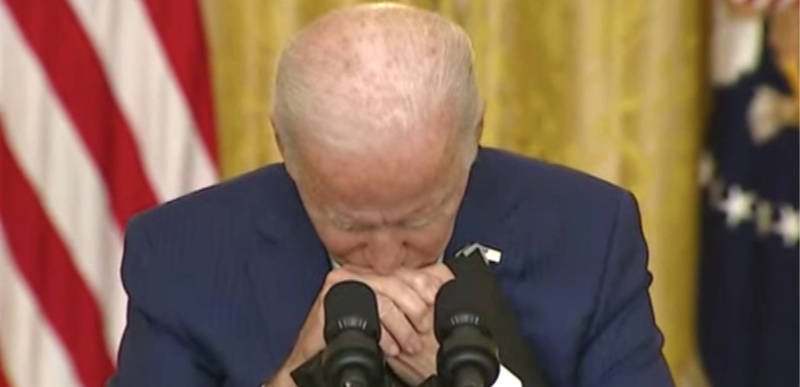Joe Biden’s Environmental Protection Agency has just had another rule blocked by the Supreme Court, this time it’s one dealing with air pollution.
The rule would force companies that generate a lot of pollution to restrict their emissions, which would be costly.
But the Supreme Court sided with Ohio, Indiana and West Virginia, blocking the rule while legislation continues in the lower courts.
Justice Barrett sided with the three liberals on the court.
Here’s more from Fox News:
The Environmental Protection Agency will not be able to enforce a key rule limiting air pollution in nearly a dozen states while separate legal challenges proceed around the country, under a Supreme Court decision Thursday.
The EPA’s “good neighbor” rule is intended to restrict smokestack emissions from power plants and other industrial sources that burden downwind areas with smog-causing pollution.
Three energy-producing states — Ohio, Indiana and West Virginia — challenged the rule, along with the steel industry and other groups, calling it costly and ineffective. The rule is on hold in a dozen other states because of the court challenges.
The Supreme Court put the rule on hold while legal challenges continue, the conservative-led court’s latest blow to federal regulations.
The high court, with a 6-3 conservative majority, has increasingly reined in the powers of federal agencies, including the EPA, in recent years. The justices have restricted EPA’s authority to fight air and water pollution, including a landmark 2022 ruling that limited EPA’s authority to regulate carbon dioxide emissions from power plants that contribute to global warming. The court also shot down a vaccine mandate and blocked Democratic President Joe Biden’s student loan forgiveness program.
Amy Howe from SCOTUSblog describes the case like this:
This was a case about whether the Supreme Court should temporarily block a rule issued by the Environmental Protection Agency to reduce air pollution from power plants and other industrial facilities while litigation continues. The case arises from the EPA’s interpretation of a law known as the “good neighbor” provision of the Clean Air Act, which requires “upwind” states to reduce emissions that affect the air quality in “downwind” states.
The court grants the states’ application to put the rule on hold while the case proceeds in the lower courts.
The vote is 5-4. Barrett dissents, joined by Sotomayor, Kagan, and Jackson.
This is likely just another way for the EPA to regulate carbon without explicitly admitting that’s what they are doing. I’m glad the Supreme Court put a stop to this, for now, and hopefully that will be the end result when this case makes it through the courts.

